With 2025 fast approaching, the IFS team has looked back on an eventful 12 months in the world of exports and put together its most important developments from 2024 and what businesses should look out for in the new year.
From green initiatives to evolving trade relations, here are six things anyone involved in exports should be thinking about heading into 2025:
The UK Carbon Border Adjustment Mechanism (CBAM) comes into force in 2027, but 2025 will be crucial for business preparation.
CBAM, which has already been introduced in the EU, particularly impacts importers of aluminium, cement, fertilizer, hydrogen, and iron/steel, and companies should focus on preparing for reporting data to the UK Gov by 2027
UK exporters may also need to provide emissions data to their EU customers.
You can read our quick guide to CBAM for more information here.
With Donald Trump due to take office in January, there are huge potential implications for US trade relations, particularly in relation to widely publicised tariffs.
We could see:
The evolution of the EU-UK trade relationship will be another key narrative to follow in the export world in 2025.
The UK government has suggested potential for closer alignment on food and farming standards, and there are discussions in other important areas including youth mobility schemes between UK and EU.
We’ll also be keeping an eye on potential reductions to the regulatory burdens on UK exporters, and developments in veterinary agreements and border checks in the coming 12 months.
Starting 31 March 2025, new rules under The Windsor Framework will require import customs clearance in Northern Ireland if travelling through the red lane.
Business will need to:
Adaptation to the EU General Product Safety Regulation (GPSR)
Full implementation from this month means 2025 will be the first full year of compliance.
There will be a particular focus on online sellers and direct-to-consumer businesses, with UK exporters required to maintain EU-based Responsible Persons.
Business will need to consider new documentation requirements for digital platforms.
There are also some important process changes businesses should keep an eye on moving forward
The EU’s updated Import Control System (ICS2) enhances pre-arrival customs security using advanced analytics and digital tools. Its phased implementation through 2025 focuses on maritime, rail, and road carriers to improve risk management.
The UK will require ENS declarations for all imports from January 2025, removing the post-Brexit waiver. Importers must clarify responsibilities with carriers and register for the relevant systems to comply.
We look forward to supporting clients in the constantly changing world of global trade in 2025.
To speak to a member of the team about these developments, please get in touch.

Copyright © 2023 Independent Freight Solutions Ltd | Company number 05202892 | Terms & Conditions | Privacy Policy